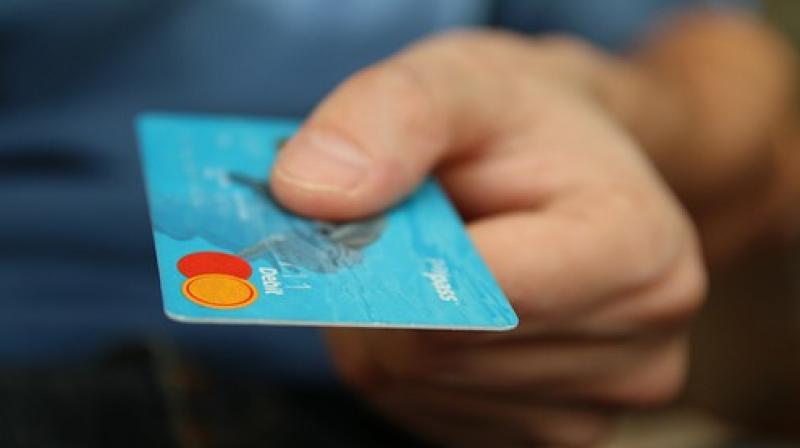Infer personality traits of a person through their spending habits

Washington: Spending money is as common as breathing, but do you know this common activity can signal various aspects of your personality? According to research published in the journal of Psychological Science, over 2 million spending records from more than 2,000 individuals indicate that when people spend money in certain categories, this can be used to infer certain personality traits, such as how materialistic they are or how much self-control they tend to have.
"Now that most people spend their money electronically - with billions of payment cards in circulation worldwide - we can study these spending patterns at scale like never before. Our findings demonstrate for the first time that it is possible to predict people's personality from their spending," said Joe Gladstone, who co-led the research.
We all spend money on essential goods, such as food and housing, to fulfil basic needs - but we also spend money in ways that reflect aspects of who we are as individuals. Gladstone and colleagues wondered whether the variety in people's spending habits might correlate with other individual differences.
"We expected that these rich patterns of differences in peoples spending could allow us to infer what kind of person they were," said Sandra Matz, another researcher of the project.
For the research, account holders completed a brief personality survey that included questions measuring materialism, self-control, and the "Big Five" personality traits of openness to experience, conscientiousness, extraversion, agreeableness, and neuroticism.
Participants' spending data was organised into broad categories including supermarkets, furniture stores, insurance policies, online retail stores, and coffee shops and the researchers used a machine-learning technique to analyse whether participants' relative spending across categories was predictive of specific traits.
Overall, the correlations between the model predictions and participants' personality trait scores were modest. However, predictive accuracy varied considerably across different traits, with predictions that were more accurate for the narrow traits (materialism and self-control) than for the broader traits (the Big Five).
Looking at specific correlations between spending categories and traits, the researchers found that people who were more open to experience tended to spend more on flights, those who were more extraverted tended to make more dining and drinking purchases, those who were more agreeable donated more to charity, those who were more conscientious put more money into savings, and those who were more materialistic spent more on jewelry and less on donations.
The researchers also found that those who reported greater self-control spent less on bank charges and those who rated higher on neuroticism spent less on mortgage payments.
The findings have clear applications in the banking and financial services industries, which also raises potential ethical challenges. For example, financial services firms could use personality predictions to identify individuals with certain traits, such as low self-control, and then target those individuals across a variety of domains, from online advertising to direct mail.

